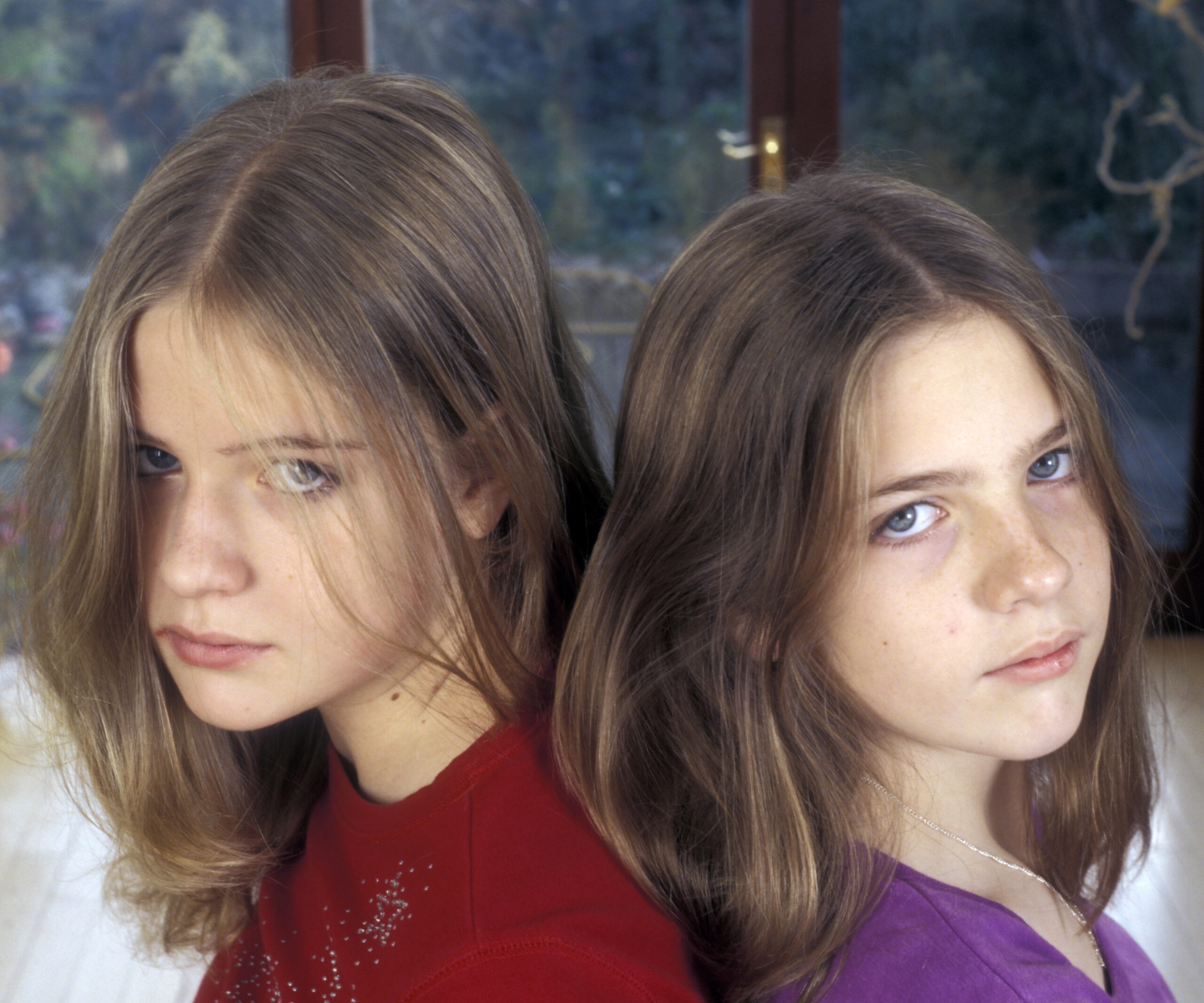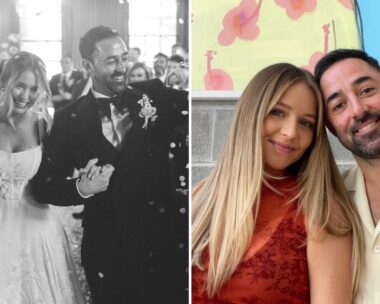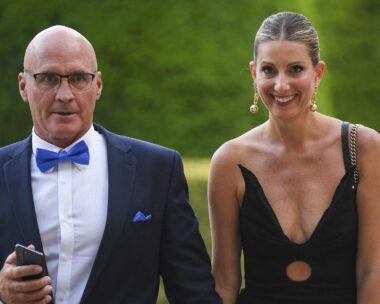When writer Kate Tietje confessed that she loved her son “just a little bit more” than her daughter, she provoked an enormous response.
Yet, surprisingly, there was more empathy than anger. Many parents sheepishly – and anonymously – confessed that they had a favourite, too.
“This is exactly how I feel with my three-year-old daughter and 10-month-old son,” read one comment.
Parents who say they don’t have a favourite child are lying, says Jeffrey Kluger, author of The Sibling Effect.
There might be equal amounts of love, but parents usually have a stronger connection to one of their children.
Not that they admit it, perhaps even to themselves, but that doesn’t matter, their preference will be betrayed by their actions.
“They tend to direct more attention to one child than another – their laughter, applause – and they tend to celebrate accomplishments [of the favourite child] with greater enthusiasm,” says Jeffrey.
His view is backed by myriad studies.
One showed 70 per cent of fathers and 60 per cent of mothers demonstrated a preference for one child over another even when they knew their behaviour was being watched.
In another, 70 per cent of mothers named a child to whom they felt closest.
Children pick up on this, says Professor Dalton Conley, head of social sciences at New York University.
When siblings are interviewed as adults, they will all name the favourite.
“They are shocked at the agreement between them,” he says.
Often, the parent’s favourite will be the child most like them, with extra points if they are the opposite gender – Daddy’s girl or Mummy’s boy.
“We are all reproductive narcissists,” says Jeffrey Kluger.
“We have children because we are driven by this primal need to reproduce ourselves. We tend to respond best to a child who reminds us of ourselves the most.”
If the favourite is the opposite gender, it seems like a “greater level of effort is going into it”, says Jeffrey.
Jeffrey himself was the second child in a family of four boys, in which the eldest son was his father’s favourite and the youngest son was his mother’s.
The last son was the boy her husband didn’t want and was, therefore, the most vulnerable in his mother’s eyes.
He knows this because, in her old age, his mother finally admitted it.
“I think, at this point, she thinks, ‘Who’s kidding whom?’” he says.
“It was a very sweet effort she made for all those years, into her 70s.”
There are also market forces which determine favour in families.
Parents have limited amounts of time and money, so must distribute them wisely.
Children will instinctively learn how to compete for those resources.
“We found that sibling equality is really a luxury,” says Professor Conley.
“Wealthier parents can afford to invest in a way that creates equality. Sometimes, wealthier families are more likely to send the kid that’s doing the worst to private school. Poorer families have to put eggs in the most promising kid’s basket.”
Birth order is also important, particularly when there are more than two children.
The first-born is often the favourite, simply due to, as Jeffrey Kluger puts it, “the rule of sunk costs” – parents have made a bigger investment.
Studies have shown that first-borns tend to be taller, stronger and slightly smarter as a result of having the undivided attention of their parents early in life.
They are also over-represented among politicians, which is believed to be due to their larger share of parental resources and pressure to live up to expectations.
Middle children are least likely to be the golden child, unless they’re a boy in a family of girls or vice versa.
Favouritism, real or perceived, can be damaging for the less-favoured child.
One study found kids who felt less loved than their siblings were more likely to develop anxiety, low self-esteem and depression.
Another found that those who felt their mother preferred another suffered the emotional after-affects well into adulthood.
Yet there are down-sides for the favoured child, too.
“There are obviously kids who do tend to come out of the incubator with a greater level of self-esteem or competence,” says Jeffrey Kluger.
“When you have been a favourite, you feel worthy. The down-side is there also tends to be a real sense of entitlement and often an inability to be comfortable with a larger world in which laurels have to be earned before they are bestowed.”
Former US President George W. Bush may be a classic example of this.
His failure, when asked in a press conference, to name any mistakes he made in his first four years as president suggests to Jeffrey the kind of lack of self-awareness common among favoured sons.
Favouritism also creates conflict between siblings and can permanently poison what should be a life-long relationship.
The animosity from siblings can far outweigh the benefits of being the golden child.
Some parents actively encourage their children to compete for their favour.
Laura Bennett, mother of six children and the author of Didn’t I Feed You Yesterday?, told an American talk show that her children vie for a place on her favourite list.
Asked whether she was kidding, she said, “All humour is funny because it’s based in truth, right? So, yes, it’s like the family joke, but yes, it’s also based on truth.”
One of many down-sides to playing children off against each other is demonstrated by the Kennedy clan.
The family patriarch, Joe, encouraged competition between sons Joe, John, Robert and Ted.
“He made his kids compete in sports together and if you didn’t win, you had dinner in the kitchen with the housekeeper,” says Jeffrey Kluger.
“The ferocity of competition among them drove them to great things, but it also drove them to terrible things.”
Denying the existence of a favourite, the tactic of most parents, is the kindest thing they can do.
“There are two benefits to parents not saying it out loud,” says Jeffrey.
“One is that the child still has a level of plausible deniability.
“Secondly, when kids know it anyway, there’s an act of love and protection in the very act of denial.
“It’s a generous thing to do – it takes an effort to deny. You know, at some level, that your mother or father is making an effort to protect and love you.”




